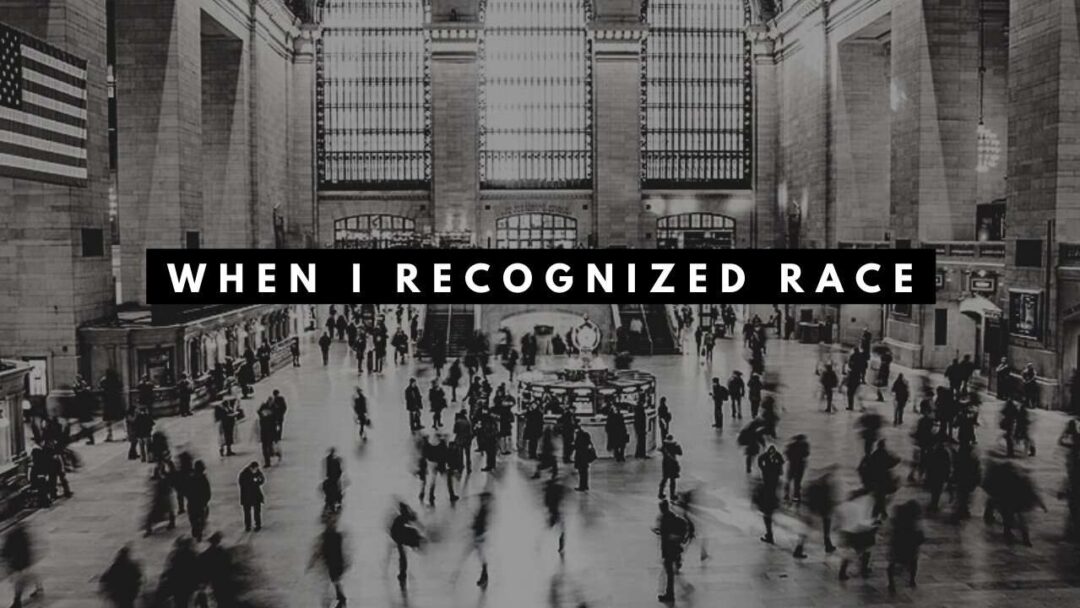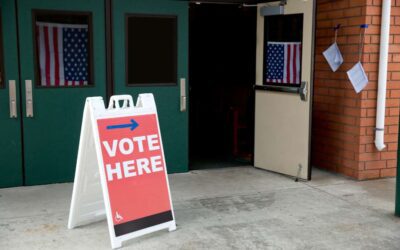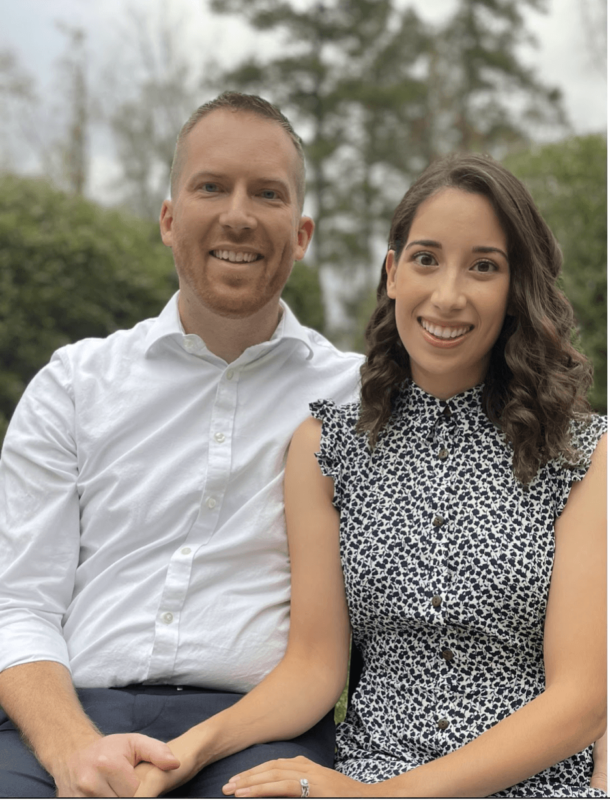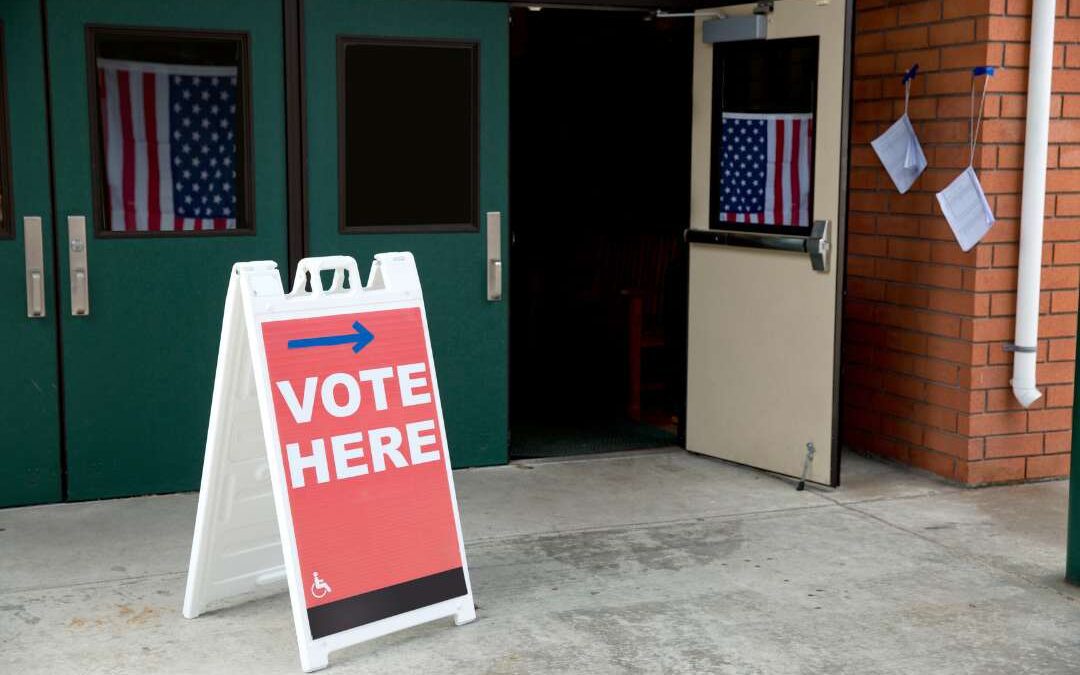I was born in Guadalajara, Mexico. In 1996, when I was four years old, my family moved to an immigrant community north of Chicago that is nicknamed “Little Mexico.” Immediately after coming to America I learned that my family was treated differently not just because we did not speak English or because we dressed differently, but we were treated differently because of the varying colors of our skin. That’s when I first recognized race. As a young girl I did not have to understand racism fully to know that my brown mother weeping after a demeaning interaction was an attack to her innermost being: “¡Mi alma me duele!” My soul hurts! My mother would cry out. Racism was seemingly unavoidable in this new world.
I am the fairest-skinned of my siblings, yet the color of my skin did not keep me from experiencing racial and ethnic violence. After waves of Hispanic immigrants settled in this community, all-Spanish early education was offered to immigrant children. I was eleven years old when, for the first time, my parents enrolled me in an all-English sixth-grade class. Speaking little English, I was an easy target of ethnic and racial slurs from four Caucasian students in my class. After months of being verbally attacked at school, the ethnic and racial slurs turned physically violent.
I was racing my younger brother, Luis, around the block on our scooters when we were suddenly attacked by two Caucasian kids from my sixth-grade class. I was gasping for air in-between punches when I turned and saw my younger brother pinned down and unable to keep himself from getting punched in the face. I could see the two other Caucasian kids from my class nearby and hear them screaming racial slurs at us.
After what felt like a long time, the kids stopped and ran off. Beaten and bloody, my brother and I arrived home where my older sister, Faby, met us with frightful and raging eyes. My brother and I were weeping as my sister cleaned our wounds when we heard knocking on our front door. It was a police officer. Behind him were the kids who attacked us standing next to their parents. Immediately, it became clear to us that the police officer had been told a different story from what we experienced. Defenseless, in that moment, my brother and I were warned about the charges that would be pressed against us if we “charged them” again.
That same evening, the four Caucasian kids returned to my house. This time they stood outside shouting: “Go back to Mexico, beaners. Go back to Mexico, you aliens. Go back to Mexico where you belong. Nobody wants you here.”
I can still see and hear the four Caucasian kids standing there and shouting these words. This article has been difficult to write.
I lament that this is one of too many heinous ethnic and racial attacks that my family and I have endured as Mexican immigrants.
Racism is a serious and insidious sin not just because it insists that an image-bearer is less than human, but because it is an affront to God Himself and a transgression His law. As Christians we know that we are “a chosen race, a royal priesthood, a holy nation, a people for his own possession, that [we] may proclaim the excellencies of him who called [us] out of darkness into his marvelous light. Once [we] were not a people, but now [we] are God’s people; once [we] had not received mercy, but now [we] have received mercy” (1 Peter 2:9–10; emphasis added).
Why then do I reach into the darkest, most painful layers of my heart to write this article? To proclaim the excellencies of Him who calls the tormented and oppressed soul out of darkness into his marvelous light.
Peter continues, “Beloved, I urge you as exiles and sojourners to abstain from the passions of the flesh, which wage war against your soul. Keep your conduct among the Gentiles honorable, so that when they speak against you as evildoers, they may see your good deeds and glorify God on the day of visitation” (1 Peter 2:11–12). His glory is proclaimed to a watching world when we, brothers and sisters of all colors and ethnicities, lament and weep with those who weep and as we proclaim the worth and dignity of every image-bearer.
This passage reminds me of the words that I penned years ago when the Lord first called me out of darkness into his marvelous light: I see the light in the darkness. He is coming my way. He has come to rescue me, to show me the way.
Beloved, take heart. The knower and overseer of your soul has come. Christ has inseparably united himself with your soul. He is the light that shines in the darkest and most painful layers of your heart. He is with you as you lament the horrors of ethnic and racial violence. He weeps with you and cries out: “¡Mi alma me duele!” My soul hurts!
Prayer Requests:
- Pray for those of the household of faith who have suffered racial and ethnic violence.
- Pray specifically for the unchurched immigrants in your city who are starting anew and tend to go under the radar.
- Pray with me for strength and courage to speak boldly to a watching world of the excellencies of Him who called us out of darkness into his marvelous light.











